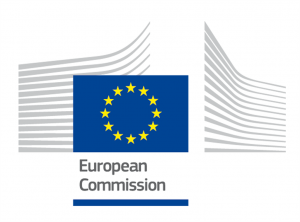Présentation
Vaccination is one of the greatest successes of modern medicine. The first generation of viral vaccines relied on empiric attenuation by repeated passage in animals and/or cultured cells. A successful attenuation process eliminates virulence without losing viral immunogenicity. Vaccines against yellow fever virus, varicella, measles, mumps and rubella are examples of successful live attenuated vaccines (LAVs). Astonishingly, despite such triumphs, we have very little understanding of the mechanisms by which viruses lose their capacity to produce disease.
We are studying LAVs as models to understand key features of viral attenuation in mammalian cells and, when relev
ant, in arthropod vectors. Such studies are crucial for rational design of live attenuated viral vaccines and better understanding of virus-host interaction.








